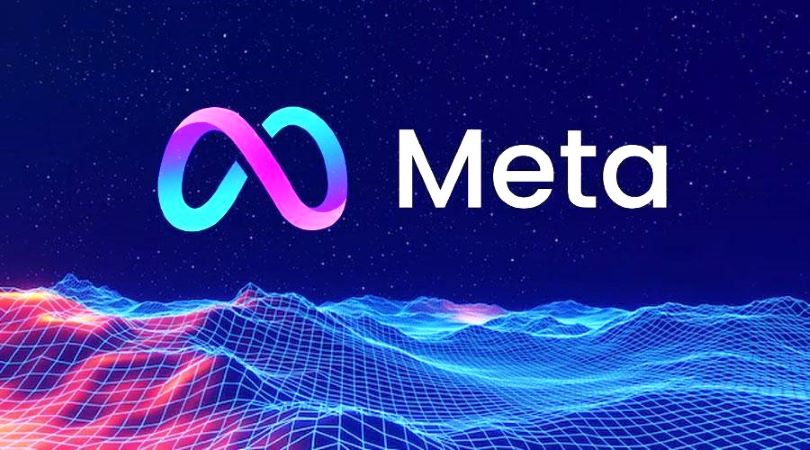Meta is considering the development of its own AI-powered search engine to decrease its dependence on Google and Microsoft’s Bing.

To decrease its dependence on current search products, such as Google and Microsoft’s Bing, the technology behemoth Meta is purportedly considering the development of its AI-powered search engine.
Meta to launch search Engine
The Information, citing an anonymous source familiar with the matter, reported on October 28 that the new search engine will generate conversational AI-generated summaries of recent Information and current events and provide them to users through their AI chatbot.
According to the source, a dedicated engineering team at Meta has been working on the project for the last eight months to construct a database of pertinent information for the new search engine.
The company’s AI chatbot, incorporated with the company’s suite of social media applications, including WhatsApp, Facebook, and Instagram, relies on Google and Bing search engines to respond to user inquiries.
**image
Meta’s decision to introduce a proprietary search engine is consistent with the actions of numerous other significant AI actors, such as OpenAI, which Sam Altman leads.
OpenAI introduced a search engine prototype named “SearchGPT” in July to incorporate the feature directly into its chatbot ChatGPT in the future.
Similarly, Bloomberg reported on October 2 that Apple had verified that it had taken the requisite steps to investigate the possibility of replacing specific components of Google’s search functionality with its AI tools.
The company recently announced a multiyear partnership with news agency Reuters to incorporate AI-powered chat functions into its platforms on October 25, marking its first foray into news content in several years.
Meta’s decision to integrate news with its AI chatbot is a departure from its previous initiatives to reduce the amount of news and political content on its primary platforms.
Meta had largely disassociated itself from news-focused features in recent years, as evidenced by its discontinuation of its “News Tab” and its diminished emphasis on political news after 2020, both subject to controversies.
Nevertheless, the recent AI agreement suggests that news may be reintroduced in a more regulated manner, emphasizing users who actively pursue news rather than passively receiving it in their feeds.
